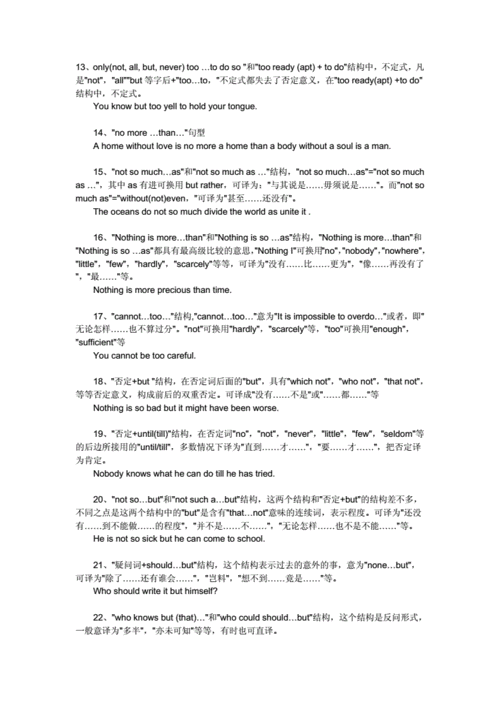How to Translate English for Interpreters
Interpreting English accurately requires a combination of language skills, cultural understanding, and quick thinking. Here are some tips for real-time translation:
Interpreters need to have a strong command of both English and their native language. This includes vocabulary, grammar, idiomatic expressions, and regional dialects.
Effective interpretation starts with active listening. Pay attention to the speaker's tone, pace, and nuances to capture the full meaning of the message.
Interpreters should remain impartial and convey the speaker's message accurately without adding their own opinions or biases.

Before an interpreting session, familiarize yourself with the subject matter and any specialized terminology that may come up. This will help you provide more accurate translations.
Some interpreters use memory aids like note-taking, visualization, or mnemonic devices to help remember key points during long or complex speeches.
Simultaneous interpretation involves translating while the speaker is talking, often used in conferences or live events. Consecutive interpretation involves translating after the speaker has finished speaking, commonly used in meetings or interviews.
Ask for feedback from colleagues or clients to improve your interpreting skills. Constructive criticism can help you identify areas for growth.
Language is constantly evolving, so it's important to stay updated on current events, slang, and cultural references in both languages.
Some interpreters choose to specialize in specific fields like legal, medical, or technical interpretation. Specialization can help you develop expertise in a particular area.
Language skills require constant practice and improvement. Take language classes, attend workshops, and practice interpreting regularly to maintain and enhance your skills.
By following these tips and continuously honing your language skills, you can become a proficient interpreter capable of accurately translating English in real-time.
